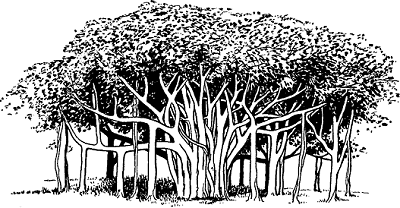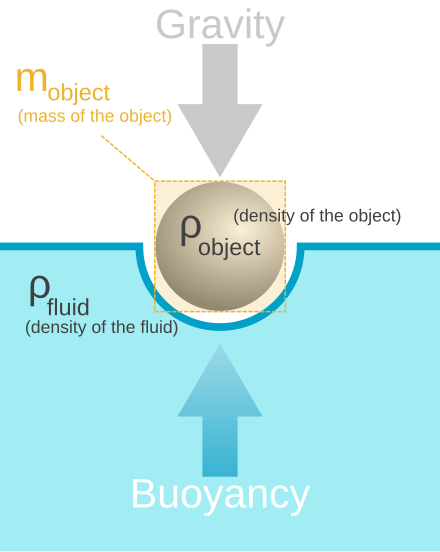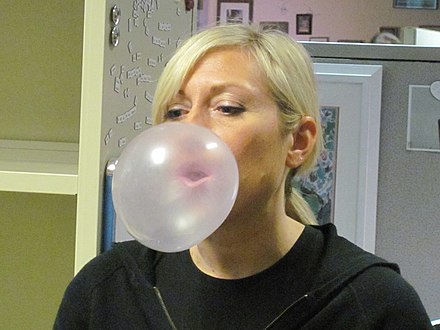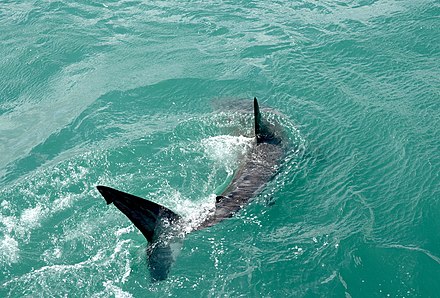Oxford Dictionaries
Oxford Word of the Year 2022: GOBLIN MODE
Goblin mode
‘Goblin mode’ - a slang term, often used in the expressions ‘in goblin mode’ or ‘to go goblin mode’ - is ‘a type of behaviour which is unapologetically self-indulgent, lazy, slovenly, or greedy, typically in a way that rejects social norms or expectations.’
The term ‘metaverse’ describes ‘a (hypothetical) virtual reality environment in which users interact with one another’s avatars and their surroundings in an immersive way, sometimes posited as a potential extension of or replacement for the internet, World Wide Web, social media, etc.’
IStandWith
The phrase ‘to stand with’ someone, in the context of supporting them or taking their side, dates back to the 14th century. However, the hashtag #IStandWith emerged in the first decade of the 21st century; evidence has been found dating back to 2009.
Used on social media to express solidarity with a specific cause, group, or person, ‘#IStandWith’ has been identified as a way for people to communicate their opinions and align their stances on specific events. It is how people demonstrate activism online and speak out for what they believe in.
Merriam-Webster
‘Gaslighting,’ plus ‘sentient,’ ‘omicron,’ ‘queen consort,’ and other top lookups of 2022
Gaslighting
In this age of misinformation - of “fake news,” conspiracy theories, Twitter trolls, and deepfakes - gaslighting has emerged as a word for our time.
Oligarch
With the Russian invasion of Ukraine, countries including the U.S. and United Kingdom placed sanctions on Russian oligarchs and their families.
Omicron
The World Health Organization uses Greek letters (alpha, beta, gamma, delta) to designate variants of the COVID virus. In November 2021, it used omicron, the 15th letter of the Greek alphabet, to name the most recent version of the virus. That variant became one of the most widespread forms of COVID in 2022.
Codify
Lookups for codify increased 193% for the year in 2022, driven by the Supreme Court’s decision to overturn Roe v. Wade on June 24th.
Codify refers to a process by which Congress can make laws; the word literally means “to make a code” with code here essentially a synonym of “law.” Code ultimately comes from the Latin word codex, meaning “trunk of a tree,” referring to documents on wooden tablets.
LGBTQIA
The acronym LGBTQIA adds some letters to the older and more familiar abbreviations LGBT and LGBTQ, with the full abbreviation standing for “lesbian, gay, bisexual, transgender, queer/questioning (one’s sexual or gender identity), intersex, and asexual/aromantic/agender.”
Sentient
In June, when a Google engineer claimed the company’s AI chatbot had developed a human-like consciousness, lookups of sentient increased 480%. The claim was vigorously denied by Google, and the engineer was placed on paid leave, but the question of how human-like AI is, or will be, became a topic of much interest.
Loamy
2022 was also the year that many people discovered the joy in puzzling out five-letter words: both Wordle (in which the puzzler has six tries to identify one word) and Quordle (nine guesses to identify four words) sent people to the dictionary, with numerous seldom-searched-for words tapped out on keyboards everywhere. When loamy (“consisting of loam, a soil consisting of a friable mixture of varying proportions of clay, silt, and sand”) was a Quordle answer on August 29th, the entry surged 4.5 million percent. In May, the Quordle answer voilà inspired a lookup spike of 2.5 million percent.
Raid
When the FBI executed a search warrant at former president Donald Trump’s Mar-a-Lago home in early August, the event was labeled by some as a “raid,” sending lookups of raid up 970%.
Queen Consort
The death of Queen Elizabeth II was the end of an era, and the focus of international attention and fascination. The public’s interest in the monarchy is often connected with the ceremonies and rituals of the institution, including coronations, royal weddings-and funerals. Among the most looked-up terms following the Queen’s death was pomp and circumstance, as images of processions and pageantry were broadcast around the world. Monarch itself was also looked up frequently.
Announcements of the Queen’s death acknowledged the new King and his wife, Camilla, referred to by her proper title of Queen Consort, and that term quickly shot to the top of lookups. Since England had not had a king since 1952, it’s understandable that this title was unfamiliar. Camilla is not the successor to the Queen, but is instead the wife of the reigning king. A parallel title for the husband of a reigning queen, prince consort, was the title held by the late Prince Philip.
Another royal milestone sent people to the dictionary in May and June to look up jubilee, meaning “a special anniversary.” The term described the official celebrations for Queen Elizabeth’s unprecedented 70th anniversary on the throne.
Collins
The Collins Word of the Year 2022 is…
permacrisis
‘Permacrisis’, a term that describes ‘an extended period of instability and insecurity’, has been named Collins Word of the Year 2022. It is one of several words Collins highlights that relate to ongoing crises the UK and the world have faced and continue to face, including political instability, the war in Ukraine, climate change, and the cost-of-living crisis. Six words on Collins’ list of ten words of the year are new to CollinsDictionary.com, including ‘permacrisis’.
Dictionary.com
Dictionary.com’s Word of the Year is woman.
The candidates on our Word of the Year short list reflect the role of Dictionary.com as a living resource for making sense of the terminology of complicated times. These five terms tell a story of some of the year’s most significant events and trends.
🇺🇦 [Ukraine flag emoji]
Russia’s invasion of Ukraine, the ongoing war, its countless injustices and tragedies, and the perseverance of Ukraine’s people all weigh heavily on our collective memory of 2022. One of the most visible and simple ways of expressing solidarity with the Ukrainian people has been with the Ukraine flag emoji 🇺🇦 (along with the Sunflower emoji 🌻). It’s another prominent example of emoji as a form of efficient and meaning-packed expression.
inflation
Inflation was inescapable this year, both in terms of its hard-felt effects and as a topic of discussion and debate. Our lexicographers have taken particular note of the linguistic trend-one they expect to continue-of related compound forms, including established, revived, and newly emerging terms: shrinkflation, skimpflation, greedflation, stagflation, hyperinflation, superinflation, shadow inflation, and wage-push inflation.
quiet quitting
Several terms related to paradigm shifts in the workplace and the workforce have recently entered our vocabulary or become more commonly used, including antiwork and Lie Flat. But one that seemed to especially resonate with people this year is quiet quitting, the informal term for the practice of (secretly) reducing the amount of effort one devotes to their job.
democracy
Among the top 50 lookups at Dictionary.com this entire year was the word democracy, which came to the forefront in 2022 particularly amid discussion of its precariousness.
Wordle
It’s especially interesting to us, in the word business, that the one thing that seemed to have the ability to bring everyone together in 2022 was a simple word game. Not only did we add the trademarked term Wordle itself to the dictionary this year, we also continue to see a high frequency of lookups related to the game’s answers. This is especially the case for the stumpers-i.e. the ones that take more than a trice to figure out, such as knoll, atoll, tacit, and trope. Fittingly, our Word of the Year, woman, is a five-letter word.


























